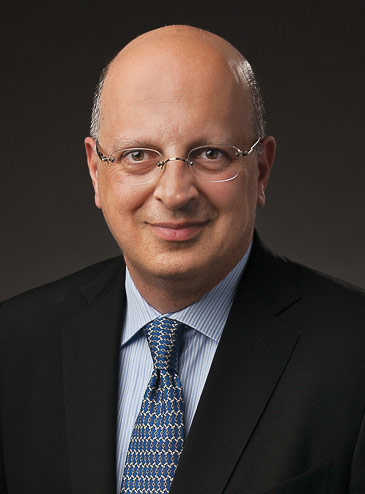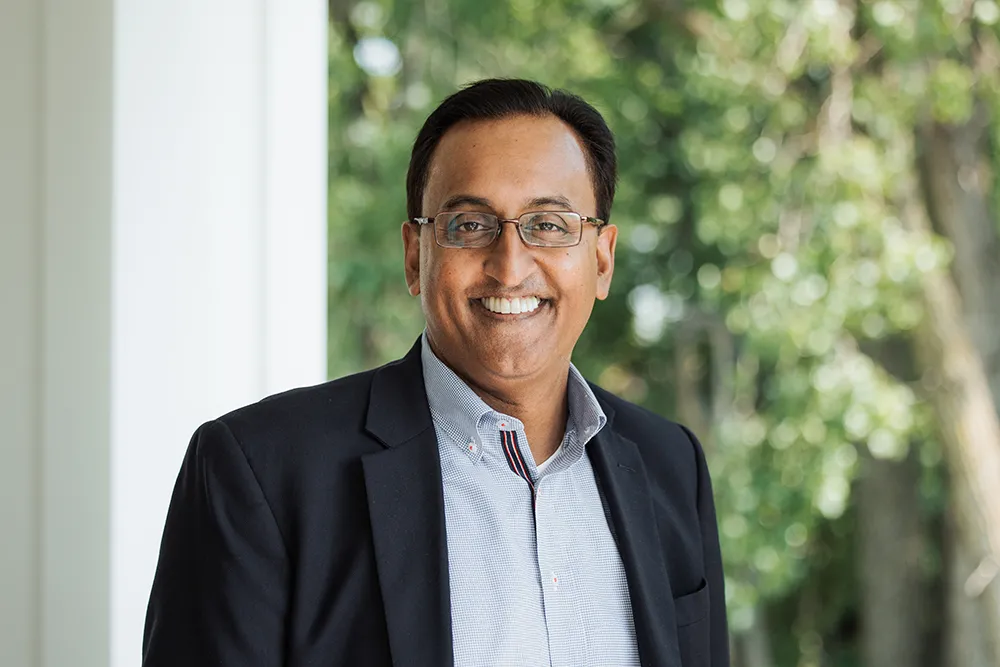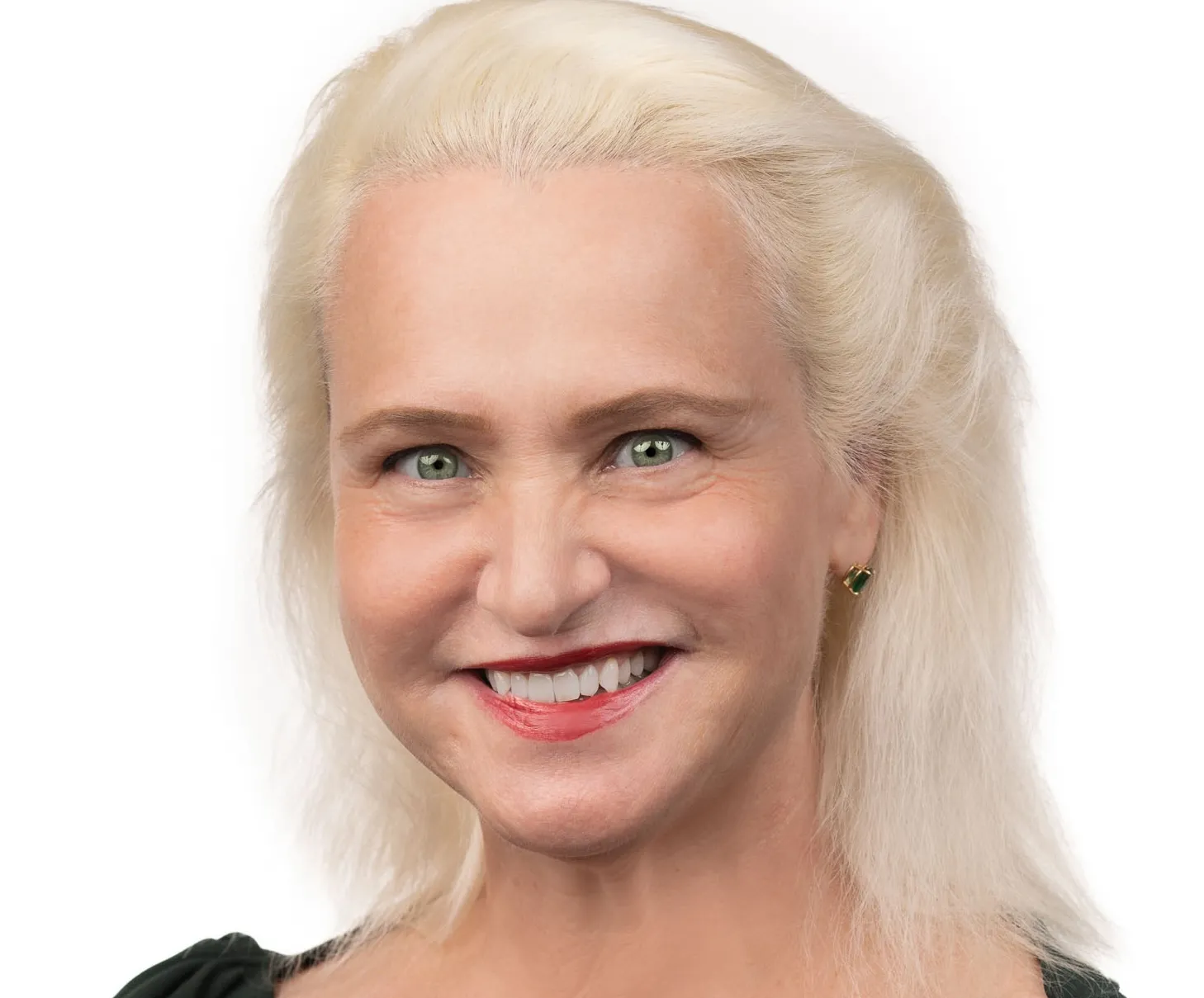Cyrus Amir-Mokri, '95: After Emigrating from Iran as a Teen, He Built an Exceptional Career
When Cyrus Amir-Mokri graduated from the Law School in 1995, it marked a transition from one exceptional part of his life to another.
Today, he’s the general counsel of JP Morgan Corporate and Investment Bank, after a career path that has included high-level government service as well as a law firm partnership. In 1981, when he was 16 years old, he and his 13-year-old sister immigrated to the US from Iran, without their parents (who would come to the US some years later), going to school in Beaver Dam, Wisconsin. He went to Harvard the next year, graduating with a degree in biochemistry. Before he entered the Law School, he earned a PhD from the University of Chicago with a dissertation about Iranian constitutional history.
“I went to the Law School in part because it then had the Center for the Study of Constitutionalism in Eastern Europe, and I wanted to consider how different societies dealt with political, legal, and economic reform through constitutional processes,” he recalled. “It was a great program, but what turned out to matter most for me was really learning how to think about issues, a skill that the Law School built every day, in class and outside it. To have that ingrained has been an amazing benefit that has lasted throughout my career and influences me every single day.”
After graduating from the Law School he joined Skadden Arps, where he worked on and off until he assumed his current position in 2015. When he wasn’t at Skadden, he was senior counsel to the chairman of the US Commodity Futures Trading Commission (CFTC) between 2009 and 2011 and assistant secretary for financial institutions at the US Treasury Department from 2011 to 2014.
At the CFTC, his principal focus was on the design and passage of Dodd-Frank legislation and then implementing the Dodd-Frank rules assigned to the CFTC. At Treasury, he worked with all of the nation’s financial regulatory agencies to help complete the process of financial reform, as well as carrying out other responsibilities that included administering investments, loans, and grants to speed recovery for small businesses and distressed neighborhoods. “I was honored to be able to serve the country during times of financial distress and recovery,” he said.
Before his government service, he clerked for US Court of Appeals Judge Bruce Selya. “I can’t begin to say how much I learned from Judge Selya,” he said. “His sense of fairness and justice was so deep—he cared about every case as though it was the only one he would ever decide. He made real for me the truest meaning of equal justice for all under the law.” When Amir-Mokri married some years after his clerkship, Selya presided at the wedding.
A recipient of the Ellis Island Medal of Honor for outstanding contributions by immigrants to the United States, he is troubled by the current American climate. He said: “My parents sent my sister and me to the United States, and later came here themselves, because they believed in the promise of a society that valued diversity, a cosmopolitan society that was interested in what you could contribute, not where you were from or what faith you practiced. Throughout my life I have observed and studied how countries have chosen different paths over time. A welcoming democratic society is created by humans, and they can undo what they have created, or they can sustain and build it. I think we’re all facing that choice now.”
In his current position heading legal services for one of JPMorgan Chase’s four business lines, he oversees a staff of approximately 600 persons, and he sits on several internal governance committees. He said that his previous experiences, including having served JPMorgan Chase as a client when he was at Skadden, have made the job less challenging than it otherwise might have been, but it’s still daunting. “The learning curve can be steep, and the business is undergoing significant change that has to be attended to every day. You can’t rest on your laurels, such as they might be. That’s true for individuals, companies, and countries—the challenge for us all is to use the best of what we have now to make things better for the future.”



